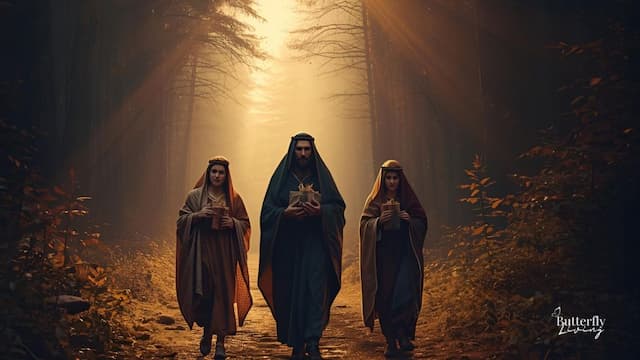Podcast: The Book of Malachi
Check out the So We Speak podcast on Apple Podcasts or Spotify.
Malachi is perhaps most famous for being the last book in the Old Testament. However, this book conveys a message that is key for understanding the New Testament in light of God’s heart for true worship.
Historical setting: Many of the Israelites have returned from exile and they began rebuilding the temple. Shortly after, they stopped building the temple. You can read about this in the book of Haggai. They finished the temple in 516 BC. Between 516 and 450, they fall back into idolatry. In this idolatrous time in Israel’s history, Malachi is written. Malachi means “My Messenger.” Though most scholars now believe that Malachi is the name of the author, the Jews historically believed Ezra wrote this letter.
The historical context for this book includes the books of Nehemiah, Ezra, Haggai, and Zechariah in describing Israel’s return from Babylonian exile around the year 538 BC and the events that followed in Jerusalem. The temple was completed in the year 516, a full 22 years since Israel’s return from captivity. The history between Malachi and the beginning of the New Testament points toward Israel’s need of a Messiah with the constant influence of the surrounding nations, namely the Greeks and Romans.
There are two main themes in Malachi:
1) Israel’s lack of observing the covenant with God demonstrating their spiritual depravity. Malachi is chronologically the last book in which we see the depravity of the people of God before the beginning of the New Testament.
2) The promise and need for a Messiah.
From Malachi, we also come to understand how much God despises empty rituals. Israel “does” all the right things, yet their hearts are extremely far from honoring God. God desires heartfelt worship for the sake of His Name among the nations. The issue is not the rituals, but that Israel’s heart has become corrupt – they desire the approval of the nations instead of the praise of God.
The final verses in Malachi prophesy the coming of John the Baptist who will declare the coming of the promised Messiah. “Behold, I will send you Elijah the prophet before the great and awesome day of the Lord comes” (Malachi 4:5).
For Christians under the New Covenant, Malachi serves as a promising reminder that our heartfelt worship to God is only accepted in the work of Jesus. We can worship God in spirit and in truth (John 4:24) because we are accepted before God based on the work of His Son and the Spirit of God that dwells within us.
Brittany Proffitt lives in southern Ohio, holds a BA in Religion, and is a student at the Southern Baptist Theological Seminary. She is passionate about Scripture and how God’s Word impacts individuals’ hearts and lives.






